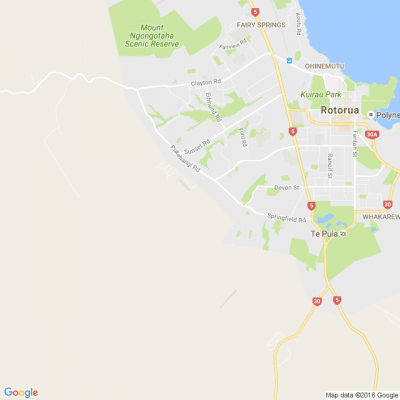
Know what’s happening
Access the private noticeboard for verified neighbours near you. Keep informed about any suspicious activity, send urgent updates to your neighbours when required and discuss emergency planning.
Get to know your neighbours
Browse the directory and start getting to know your neighbours. Don’t want to post to the whole neighbourhood? Send a private message.
Buy, sell and give away
Want to declutter your garage? Buy some used household items? Give away some garden stuff? Become a verified neighbour to browse and post items for sale. Trading is simple when everyone lives nearby.

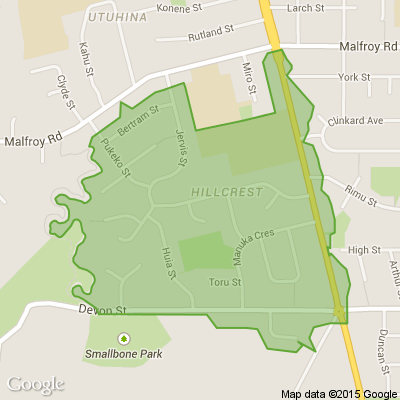
Wondering about something in your neighbourhood?
Whether it's a new building going up or a strange noise you keep hearing, ask your neighbours here.

Thank you for using Neighbourly
You may receive an email confirmation for any offer you selected. The associated companies will contact you directly to activate your requests.
The Team from Neighbourly.co.nz
Got a local business that went over and above during lockdown? Is there one you’ve really missed - or one that's brightened your day? Maybe it’s a business who just needs a helping hand at the moment...
Nominate them for a Local Like! Your shoutout could appear as an advert on Stuff, on… View moreGot a local business that went over and above during lockdown? Is there one you’ve really missed - or one that's brightened your day? Maybe it’s a business who just needs a helping hand at the moment...
Nominate them for a Local Like! Your shoutout could appear as an advert on Stuff, on Neighbourly, or in your local paper. Plus you could win a bag of feijoas (or a $100 voucher to the business you nominate).
Nominate now

As a nation, we recently held a moving ANZAC Day commemoration. So now is a good time to reflect on how we treat our military personnel during and after their service. It speaks volumes about who we are as New Zealanders.
Let’s not leave those who serve our country behind.
Can New Zealand … View moreAs a nation, we recently held a moving ANZAC Day commemoration. So now is a good time to reflect on how we treat our military personnel during and after their service. It speaks volumes about who we are as New Zealanders.
Let’s not leave those who serve our country behind.
Can New Zealand do more to ensure that past, present and future service people - and their whānau – are recognised and supported?
Join the conversation now at missionfeedback.co.nz
Join now

Jo Haywood Reporter from Homed
Hey neighbours, how do you feel about this divisive household dilemma?
Is taking your shoes off in someone's home the right and hygienic thing to do, or do you see being asked to remove your shoes as a total imposition?
It's one of many home dilemmas we come across on Homed, along … View moreHey neighbours, how do you feel about this divisive household dilemma?
Is taking your shoes off in someone's home the right and hygienic thing to do, or do you see being asked to remove your shoes as a total imposition?
It's one of many home dilemmas we come across on Homed, along with toilet paper over or under? cutlery up or down in the dishwasher? top sheet or no top sheet?, to name a few. Read more about the arguments for each and see how many people agree with you, here.
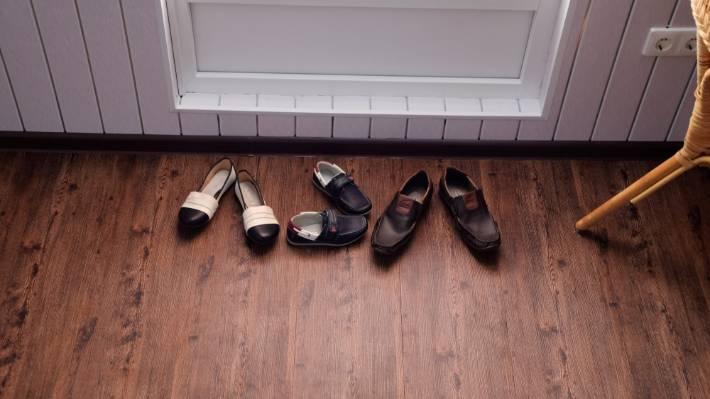
Make the most of your retirement with less stress, and a whole lot of fun with SBS Unwind, a Reverse Equity Mortgage loan. The idea is simple – homeowners aged over 60 stay in their house but free up some money from the property to live their life.
Use the money however you like, while the … View moreMake the most of your retirement with less stress, and a whole lot of fun with SBS Unwind, a Reverse Equity Mortgage loan. The idea is simple – homeowners aged over 60 stay in their house but free up some money from the property to live their life.
Use the money however you like, while the flexible loan means regular payments aren’t required and you can repay all or some of the loan at any time.
For more details visit our website, contact your local SBS branch or call 0800 727 2265.
Eligibility Criteria, Terms and Conditions, and fees apply.
Find out more

Kate from Country Herbals Cottage Shop
Any one have some clean whole bricks for sale? I am after 25 standard size bricks, preferably huntly brick or similar approx size 100 x 200 x 50-75. Would prefer new or clean, but if you have the right number we might be able to clean them. Phone/text if you can help. Kate 021 144 1113
Robert Anderson from Curtain Clean Rotorua
The answer: Not Directly.
Only if the curtains are actually touching or touch the window, which most don’t. It derives from and does contribute to the general humidity in the surrounds around the curtain which again contributes to the development of mould. Water on windows is mostly somewhere … View moreThe answer: Not Directly.
Only if the curtains are actually touching or touch the window, which most don’t. It derives from and does contribute to the general humidity in the surrounds around the curtain which again contributes to the development of mould. Water on windows is mostly somewhere between 75 and 100 mm from a curtain so how it hops the space to create mould is an interesting question.
I have seen curtains more than a meter from the windows and still moldy and curtains 20 years old with no mould. Not in the sun.
Moisture on windows is caused by the lower dew point of the glass. The warmer the air in a room/house the more moisture it will hold. It is a natural reaction for the moisture in the air to collect on the cool glass as the warm moist air attempts to equalize the air temperature and the glass temperature. The cooler glass sucks the heat out of the air.
Heat always travels from hot towards cold, leaving the moisture on the window and the warmth heating the glass until the outside temperature is the same as the inside temperature.
The closer together the temperature of the air and the glass the less it will happen. Indeed in the summer it works in the opposite where the higher temp of the glass heats the air in the room. This would also occur on days in the winter when the air in the house is cooler than the glass that’s heated by the sun. As soon as the temperature reverses the dew point on the glass lowers and then we have moisture on the windows. Same happens in your car.
Now without the sun or heating of some kind warming the curtains and the room, the curtains would remain at the ambient room air temperature but that’s not what happens. Heating or the sun will warm the curtains which like the air absorb the moisture from the air around them. This is also influenced by the humidity in the air at the time. If the curtains are cooler than the air in the room then any humidity will be absorbed by the curtains.
In doing so they also absorb the bacteria that is entrapped in that moisture. It important to note that that moisture can be from any source both inside and outside of the immediate vicinity of the curtains, for moisture in the air is carried by air currents that swirl around constantly, due to breeze, air temperature, movement by people and so on.
The curtains will adjust their own temperature and level of water absorbed up and down depending on the same factors, i.e. air temp, amount of heat applied to them by the sun and the amount of heat the material is able to absorb and retain and the all this is complicated by the time which curtains retain that heat and for how long.
So we have material curtains that absorb and release both heat and moisture all the time depending on the room conditions.
Thus we have curtains that essentially become mini glass houses or incubators, especially in the folds or where the sun has a high heat impact upon the material. A further compounding factor is the closeness of the material bulk to the wall. If as is mostly the case curtains are bunched against the wall, especially after being heated by the sun in the mornings, then the incubator effect is heightened. The same applies to late afternoon except that at that time the sun is intense and hotter than morning so the curtains retain more heat for longer. Midday sun is at a higher angle and so doesn’t affect the curtains so much.
The type of material also has an effect. Many older materials were natural and tended to allow more passage of air. Many of the modern materials are almost impervious to air and in the case of say taffeta’s and blackout material there is no “breathing” at all.
The use of Blackout material on many curtains has both the effect of no “breathing and it also retains an enormous amount of heat where the sun shines upon it. Put taffeta and blackout together and it’s a given that curtains and or more likely the linings will go moldy, even in rooms where there is standard ventilation.
How does the warmth affect the curtains?
As with all incubators and glass houses the warmth creates an ideal condition for bacteria to grow. Longer periods of warmth, especially where the humidity is high, such as in curtain folds, and even in the material fibres themselves encourage the growth of bacteria. Bacteria thrive in colonies and have an enormous rate of duplication, and will grow colonies that live and hibernate and create their spores that continue to reinfect and grow the new colonies.
This growth happens in the warm, mostly summer and on curtains is mostly seen as an orange-y or reddish spots. These colonies flourish and die and then regrow from the spores left in the curtains. This may happen for several years before they become easily seen.
By the time most people notice the mildew the bacteria have died, due to the cooler winter temperature and left their spores which have turned black. That’s what we see. They are hibernating mould bacteria which are responsible for the black stain seen on curtains and linings.
It would be rare for this to contaminate the curtains in a short period of time to a degree where it is very visible and usually we could expect two to three years for this to be readily visible and often longer. The black often becomes visible after winter when the cold has had its effect on the bacteria.
Where does all this moisture come from?
The air always contains moisture to a greater or lesser extent. In New Zealand, area’s such as Auckland, Bay of Plenty, Waikato and others have high levels of humidity on any given day because we are close to the sea.
Inside of a house as well as the air humidity level there are other sources of humidity.
People. People exhale moisture when breathing. Closing bedroom doors at night means that that moisture remains inside the bedroom unless there is ventilation to change the air.
En-suites which are now very popular contribute to the moisture in a house, are as do showers and cooking, especially boiling pots of water.
Un-flued Gas Heaters run on LPG are big contributors to the humidity in the room because the gas burns to produce CO2 and water aka Moisture.
Now we want to have these facilities as well as warm houses so we have created an ideal world for bacteria.
Some of the issues can be easily mitigated.
Heat pumps do not remove moisture from a house except at low temperatures whereas dehumidifiers remove the moisture from the air in the house and produce warmth in the process. Tiny ones are not much good but there are a number of larger models.(Remember your science and you will recall that the warmer the air the more moisture it holds, so warming it with a heat pump allows the air to hold more moisture from your cooking, showers etc. Dehumidifiers work by extracting that water, something the heat pump can’t/won’t do.). Using a dehumidifier means not having to install a ventilation system at more cost. Allowing for better room ventilation with cool air. Especially of the windows can be left just open to facilitate cool air inflow.
By changing the curtain rail brackets from the standard 65mm to 80 or 100mm so that the curtains are further from the walls and the windows. This allows for more air circulation around the curtains and thus less higher temperatures. Having separate blackout curtains on a different rail to the other curtains. Install a ShowerDome. In our experience roof ventilation systems and double glazing do not prevent this mildew problem but may delay its onset.
Too late? We can clean your mouldy curtains - visit curtainclean.co.nz or call us on 07-579 0501 to book in today.
Trupti Biradar Reporter from Stuff Travel
As we settle into life in Alert Level 2, we're excited to see a bit more of NZ. Join us as we showcase the best close-to-home travel experiences Aotearoa has to offer.
Did you know you can view some of our retirement villages in the comfort of your own home?
Immerse yourself in our beautiful villages by taking a ‘walk through’ with our virtual tours. Stroll through the lovely gardens, explore the village amenities, and step into a beautiful independent … View moreDid you know you can view some of our retirement villages in the comfort of your own home?
Immerse yourself in our beautiful villages by taking a ‘walk through’ with our virtual tours. Stroll through the lovely gardens, explore the village amenities, and step into a beautiful independent apartment, serviced apartment or care room. You can navigate your way through each featured room or area of the village and really get a feel for the space. It’s a great way to obtain a more intricate view before you make a visit to the village.
Find out more

Felix Desmarais Local Democracy Reporter Reporter from Rotorua News

Parking charges in the city are “penalising” local business owners in Rotorua’s CBD, some say, promp…
12 replies (Members only)
We’ve been proud to work with some amazing charities over the past few months who have been helping Kiwis up the road, down the road and ‘round the corner, to get through.
Join us in thanking all the outstanding New Zealanders at The Student Volunteer Army, Kiwi Harvest, Kaibosh, and food … View moreWe’ve been proud to work with some amazing charities over the past few months who have been helping Kiwis up the road, down the road and ‘round the corner, to get through.
Join us in thanking all the outstanding New Zealanders at The Student Volunteer Army, Kiwi Harvest, Kaibosh, and food banks like The Auckland, Wellington and Christchurch City Missions.
Ngā mihi maioha.
#neighbourstogether
Find out more

Small businesses are vital to the recovery of our economy.
During the Covid-19 restrictions, business owners have shown initiative, hard work and resilience to keep afloat.
But many have been hit hard.
Lack of clarity about just how heavy the toll of the restrictions have been on … View moreSmall businesses are vital to the recovery of our economy.
During the Covid-19 restrictions, business owners have shown initiative, hard work and resilience to keep afloat.
But many have been hit hard.
Lack of clarity about just how heavy the toll of the restrictions have been on individual businesses and their ability to quickly rebound adds to the uncertainty of the national economic recovery.
Therefore, Prosper is launching a survey targeted at finding out the scale of Covid-19's impact.
You can take that survey right now – it will only take a few minutes.
Take the survey

Did you know a government and industry study found the condition of as many as one in two New Zealand homes assessed wasn’t as healthy as it should be?
That has a big impact on our health, but despite the obstacles we face, there are lots of simple ways to make your place warmer and drier, … View moreDid you know a government and industry study found the condition of as many as one in two New Zealand homes assessed wasn’t as healthy as it should be?
That has a big impact on our health, but despite the obstacles we face, there are lots of simple ways to make your place warmer and drier, more comfortable and easier to heat.
Find out more

The Team from Resene ColorShop Rotorua
What’s better than a new planter box?
One that serves as a place to stash plant pots or tuck a hose out of sight too.
Make the most of this weekend with this easy step by step project idea from Resene. Find out how to create this project yourself.
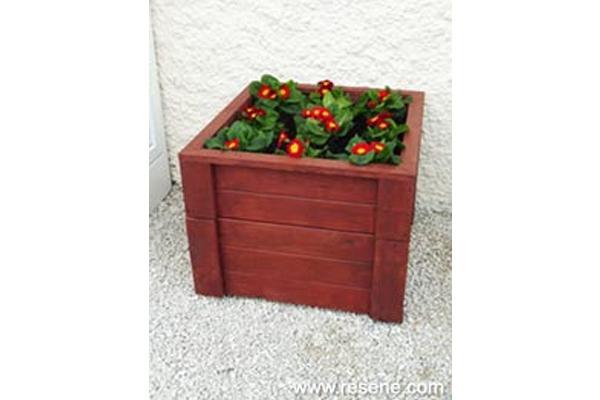
 Loading…
Loading…
Are you sure? Deleting this message permanently removes it from the Neighbourly website.
 Loading…
Loading…
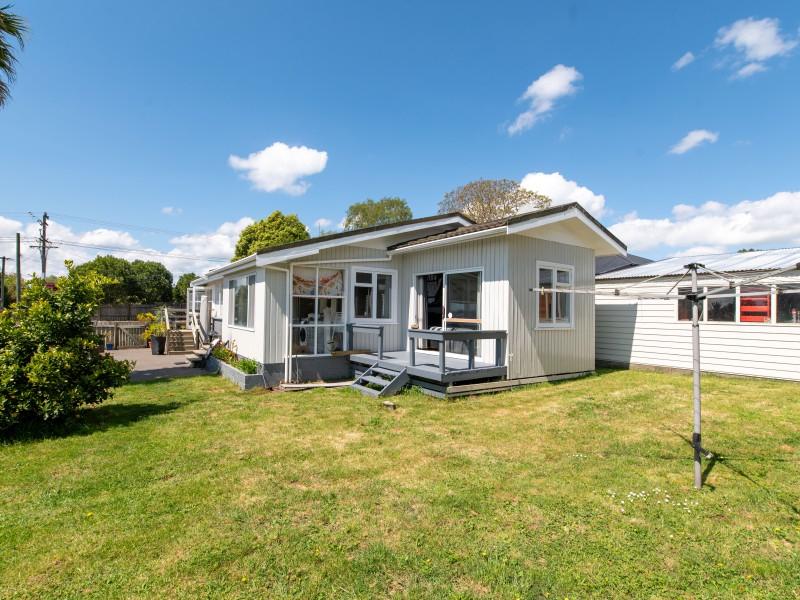
 By Negotiation
By Negotiation



 Marketed by Lisa Crowe
Marketed by Lisa Crowe

 By Negotiation
By Negotiation



 Marketed by Lisa Crowe
Marketed by Lisa Crowe
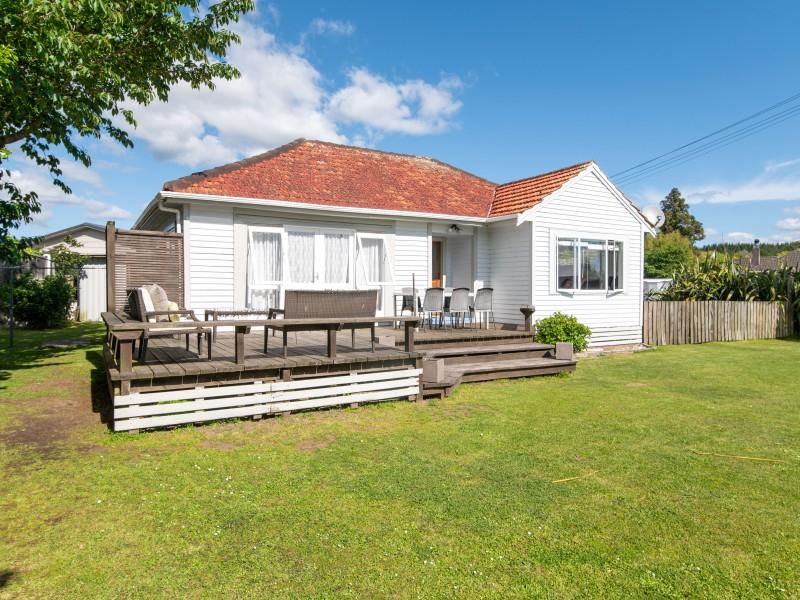
 By Negotiation
By Negotiation


 Marketed by Lisa Crowe
Marketed by Lisa Crowe

 Tender
Tender



 Marketed by Kirstie Richardson
Marketed by Kirstie Richardson

 $629,000
$629,000



 Marketed by Lisa Crowe
Marketed by Lisa Crowe

 For Sale by Deadline Private Treaty
For Sale by Deadline Private Treaty


 Marketed by Debi Bennett
Marketed by Debi Bennett

 Auction
Auction



 Marketed by Tim Short
Marketed by Tim Short
© Neighbourly 2024
